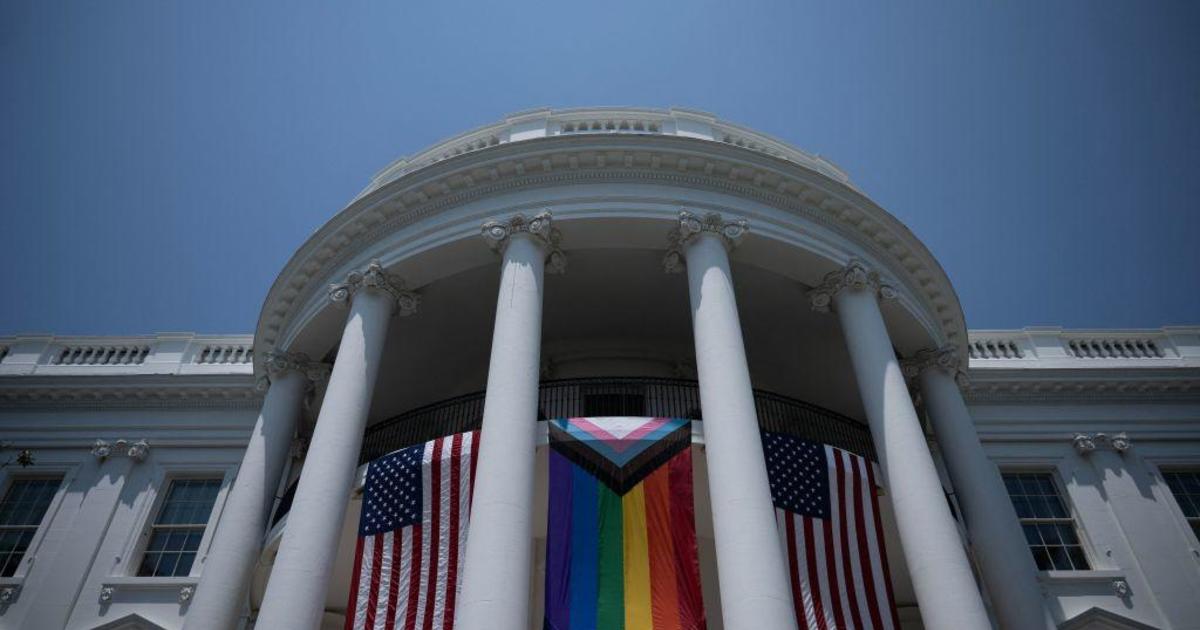In recent news, the Biden administration’s new Title IX rule, which aimed to expand protections for LGBTQ+ students, has faced a setback after a federal judge in Louisiana temporarily blocked it. The ruling was made by U.S. District Judge Terry A. Doughty, who described the new rule as an “abuse of power” and a “threat to democracy.” As a result, the rule has been halted in Louisiana, as well as in Mississippi, Montana, and Idaho, all of which joined the legal challenge against it.
The Education Department, responsible for implementing the rule, has not yet responded to the court order. This development comes amidst a wave of legal challenges from more than 20 Republican-led states who have raised concerns about the rule. The rule, scheduled to go into effect in August, sought to expand Title IX civil rights protections to LGBTQ+ students, redefine sexual harassment at educational institutions, and provide additional safeguards for victims.
Judge Doughty’s decision to block the rule marks a significant setback for the Biden administration’s efforts to enhance protections for LGBTQ+ students. While the rule was applauded by civil rights advocates, it faced backlash from opponents who argued that it undermined the original intent of Title IX, a law enacted in 1972 to prevent sex discrimination in education.
Louisiana, in particular, has been at the forefront of the legal battle against the new rule due to its existing laws that mandate individuals to use facilities based on their sex assigned at birth. These laws have been criticized for discriminating against transgender students who wish to use facilities that align with their gender identity. President Biden’s rule directly challenges these state laws and claims to supersede them, prompting the legal challenge.
The lawsuit filed in Louisiana argued that the implementation of the new rule would impose significant financial burdens on schools in the four states, as they would be required to update their facilities to comply with the rule. Judge Doughty echoed these concerns in his ruling, describing the rule as an “invasion of state sovereignty” and indicating that the states were likely to succeed in their legal challenge.
One of the key points raised in the judge’s order was the potential violation of free speech laws by requiring schools to use pronouns requested by students. Additionally, there were questions raised about the Biden administration’s legal authority to expand Title IX protections to LGBTQ+ students. Judge Doughty noted that the term “sex discrimination” at the time of Title IX’s enactment only referred to discrimination against biological males and females.
Another contentious issue highlighted by the judge was the potential impact of the rule on transgender athletes. Several Republican-led states have laws that prohibit transgender girls from participating in girls’ sports teams. While the Biden administration has proposed a separate rule to address these bans, Judge Doughty expressed concerns that the finalized rule could still be interpreted to apply to sports activities.
The ruling in Louisiana is not an isolated case, as judges in six other lawsuits are currently deliberating whether to block Biden’s rule. The Defense of Freedom Institute, a right-leaning nonprofit that supported the Louisiana lawsuit, welcomed Judge Doughty’s decision and expressed confidence that other courts and states would follow suit.
The legal battle over the Title IX rule reflects a broader ideological divide between the Biden administration and its opponents, particularly those who align with the policies of the previous administration. Former Education Secretary Betsy DeVos, who implemented a different rule during the Trump administration, characterized the Louisiana decision as a victory and criticized Biden’s rule as an “anti-woman radical rewrite of Title IX.”
As the legal challenges continue to unfold, the fate of the Biden administration’s efforts to expand protections for LGBTQ+ students remains uncertain. The clash between state laws and federal regulations highlights the complex and contentious nature of LGBTQ+ rights in the education system. It also underscores the ongoing debate over the interpretation and application of Title IX in the context of evolving societal norms and values.









